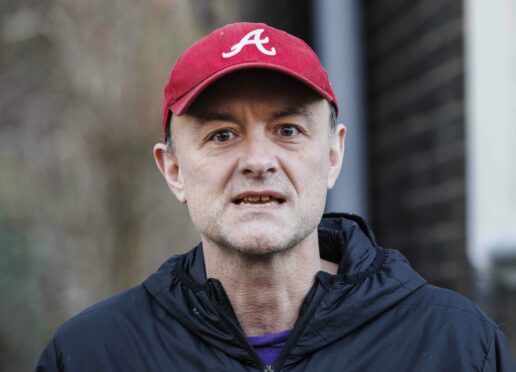
Only a complete overhaul of how Westminster works will restore faith in politics after Downing Street’s lockdown parties, according to experts.
Boris Johnson, who attended at least one of the parties at No 10 during lockdown, has been forced to apologise for others and could now face a vote of confidence from his own MPs after senior civil servant Sue Gray completes her inquiry this week.
His former aide-turned nemesis, Dominic Cummings, has promised more revelations after her report.
Polling expert Mark Diffley said the scandal and subsequent allegations that rebel MPs were allegedly strong-armed to support Johnson or told public money would be withheld from their constituencies was damaging the public’s faith in the system.
“Trust in politicians has never been high but it’s particularly low at the moment,” said Diffley. “Polling shows just one in five of us trust politicians now. Government whips bullying or putting pressure on MPs to toe the line doesn’t help. Christian Wakeford, who defected from the Tories to Labour, was saying he was threatened with the withdrawal of funding for a school in his area.
“The prime minister has said he doesn’t know anything about bullying and blackmailing of MPs but at one point he said he didn’t know anything about the parties either.
“A lot of people will look at that and the partygate revelations of the last couple of months and will question whether they trust him.
“When you get to the point where 80% of people don’t believe he’s telling the truth that’s bad, really bad.”
Willie Sullivan, of the Electoral Reform Society Scotland, said there had to be an overhaul of the system of government at a UK level.
“It’s easy to dismiss the Partygate revelations as the actions of a few individuals but this scandal is the latest example of a political culture that has all too often played fast and loose with the rules and norms of a democratic system,” he said.
“This is no surprise to those who campaign against Westminster’s broken politics. It’s a politics that clings on to a very British system of class, where millions of voters are left voiceless, and that fails to represent whole nations and regions of the UK.
“Only a fundamental reset can solve Westminster’s crisis. We need to scrap our winner-takes-all voting system, we need a new elected senate of the nations and regions to replace the unelected Lords and we need to embed citizens’ assemblies into the process of government. Only this will begin to repair the fundamental failures of the British state and make a politics that works for everyone.”

Enjoy the convenience of having The Sunday Post delivered as a digital ePaper straight to your smartphone, tablet or computer.
Subscribe for only £5.49 a month and enjoy all the benefits of the printed paper as a digital replica.
Subscribe